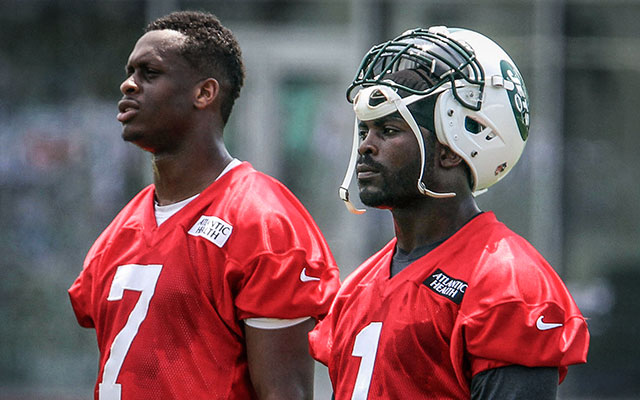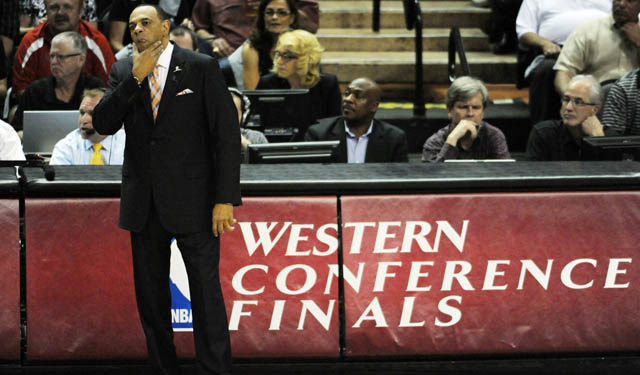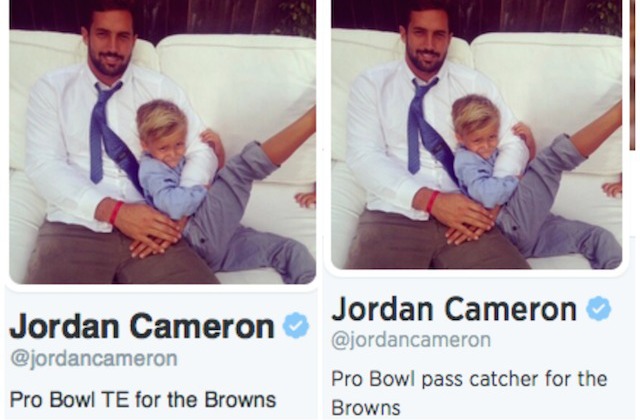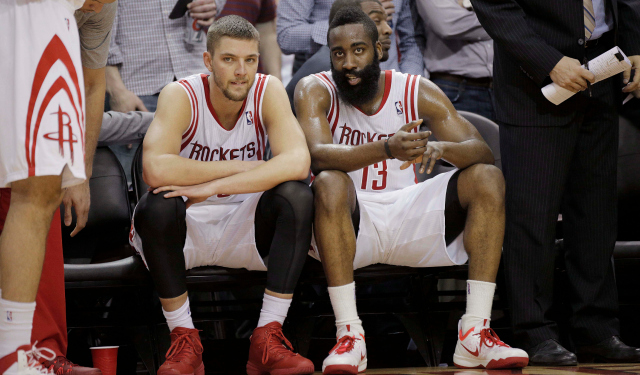 James Harden's going to miss Chandler Parsons, duh. (USATSI)
James Harden's going to miss Chandler Parsons, duh. (USATSI)
Offseason: Free Agency | Latest from Ken Berger | Rumors
A couple of days ago, Houston Rockets guard James Harden said some things that he maybe shouldn't have said: he's not worried about Houston losing Chandler Parsons, Jeremy Lin and Omer Asik; he and Dwight Howard are the "cornerstones" of tne franchise; the other guys are "role players or pieces that complete our team." This came shortly after Howard said Parsons' departure "won't affect us at all."
Oooh! Bad blood! Drama! Let's have Parsons and the Dallas Mavericks play the Rockets on opening night!
I wonder if Harden will do add more fuel to the fire on social media.
...oh.
So, maybe Harden just chose his words incorrectly, but didn't mean any harm. Maybe Howard, too, was just doing his best to stay positive and confident his team. Just like Parsons himself said.
It's all pretty silly. Everyone knows Houston will miss him, and everyone knows the remaining Rockets have to move on and appear optimistic about their chances. This storyline will be revisited when the Mavs meet Houston, and then it will go away. Duh!
The Lakers waited almost three full months to make a firm decision on the franchise’s next head coach, after Mike D’Antoni resigned back on April 30. And while the apparent choice to bring in Byron Scott was somewhat expected all along, it remains an underwhelming one, at best.
The reason for keeping the position open for so long had to do with the front office wanting to see how the roster came together, while it chased free agents in LeBron James and Carmelo Anthony that the team never truly had a shot at landing.
Once the new players were in place — a list that includes serviceable players in Jeremy Lin, Carlos Boozer and Ed Davis, along with others like Nick Young, Jordan Hill and Ryan Kelly who returned from last season’s lottery team — the offer went out to Scott.
The question, however, remains why.
The Lakers interviewed Lionel Hollins, Alvin Gentry and George Karl, all of whom have recent track records of success coaching at the NBA level, and would have been legitimate long-term solutions. Scott, meanwhile, has a career won-loss record of 416-521, and has had just one truly successful season in his last 10 as a head coach, while flaming out somewhat miserably in his last position, an ill-fated three-year stint with the post-LeBron James version of the Cavaliers.
Dave McMenamin of ESPN Los Angeles outlined the reasons from the Lakers side of things, but even when looking at things through the team’s eyes, they don’t seem to make a whole lot of sense.
It wasn’t just about his ties to the Showtime era, but that surely helped. It wasn’t just that he was around the team all last season as an analyst for the Lakers’ television station, Time Warner Cable SportsNet, and had an intimate knowledge of what went down, but that helped too.
The Lakers franchise also wanted to establish a clear defensive identity after being atrocious on that end of the court last season, and Scott’s credentials include a strong defensive-minded reputation.
Wait, what’s that about defense, now?
From John Schuhmann of NBA.com:
The Cavs ranked in the bottom five in defensive efficiency (points allowed per 100 possessions) in each of Scott’s three seasons. That’s not just bad. It’s unprecedented.
Before Scott, the last coach to lead his team to the bottom five in defensive efficiency in three straight seasons was Mike Dunleavy, who did it with Milwaukee from 1993-94 to 1995-96, a streak that started when the league had only 27 teams. So Scott is the only coach to do it in a 30-team league. …
You could look at those Cleveland rosters (2010-11, 2011-12 and 2012-13) and note their youth and lack of talent. Indeed, Scott didn’t have much to work with. But bottom five for three straight years speaks for itself. Scott had a No. 1 defense in New Jersey and top 10 defenses twice with the Hornets, but he wasn’t able to coach the young Cavs up. Under Mike Brown last season, Cleveland jumped from 27th to 17th in defensive efficiency.
The evidence shows, at least defensively, that Mike Brown did a better job coaching than Scott — think about that for a second, Lakers fans, and then perhaps get a friend or two to restrain you from leaping off of the upper level of Staples Center.
So, fine, the Lakers aren’t all that tuned in to Scott’s ability to coach on the defensive end. The other reason he’s getting the job, however — and it’s a big one — is making sure that Kobe Bryant is sufficiently placated during his last couple of seasons in Los Angeles.
But really, the Scott hire comes down to one man: Kobe Bryant. L.A. invested close to $50 million in Bryant over the next two seasons when he’ll be 36 and a 19-year veteran and 37 and a 20-year veteran. …
Whichever coach the Lakers decided on would have to mesh well personalitywise with Bryant first and foremost and, beyond that, play a system that would help Bryant continue to be productive even as Father Time is taking his toll. …
The Lakers have always operated with championships on the mind, but with a title pretty much out of the picture in the short term, they simply want to get back to having their team and everything that surrounds it be an accurate reflection of all the winning the franchise has already accomplished.
Again, this is the Lakers thinking — realizing that winning anything of importance next season is completely out of the question, the team decided to make sure Bryant is happy instead of adequately planning for a not-too-distant future when he’s gone from the team forever.
Hiring retreads, especially those without a recent history of succeeding in their profession, is a practice more and more teams have gone away from, for reasons that should be obvious. The Celtics hired Brad Stevens, a young and successful coach at the college level, and gave him a relatively unheard of six-year deal to give him time to put a winning culture in place. The Suns hired a former player in Jeff Hornacek, who immediately overachieved in his first season and had a relatively undermanned Phoenix team within one game of the playoffs in the ultra-competitive Western Conference. And the Cavaliers are perhaps the best example of a team willing to take a calculated risk with a new head coach, hiring David Blatt following his successful run coaching overseas, and doing so even with the looming possibility of LeBron James returning to Cleveland for what will be Blatt’s first NBA season.
Teams aren’t gambling wildly with these types of hires. Instead, they’re taking well-educated guesses about which up-and-coming coach might have the best chance of setting up a franchise for years of continued prosperity.
Now, maybe Scott will exceed expectations, and if he doesn’t, maybe he’ll be gone at the same time Bryant is, and a new coach will be brought in to guide the team into its next era. But all this hire does is reflect the Lakers glorious past, while doing nothing to set them up for success in the immediate future.
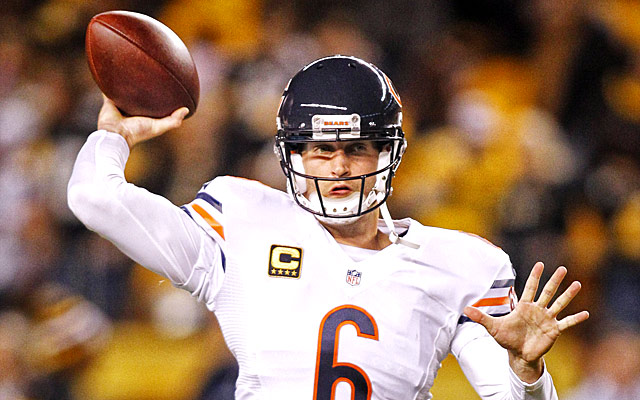 Can Jay Cutler stay healthy enough to make a run at MVP honors? (USATSI)
Can Jay Cutler stay healthy enough to make a run at MVP honors? (USATSI) 



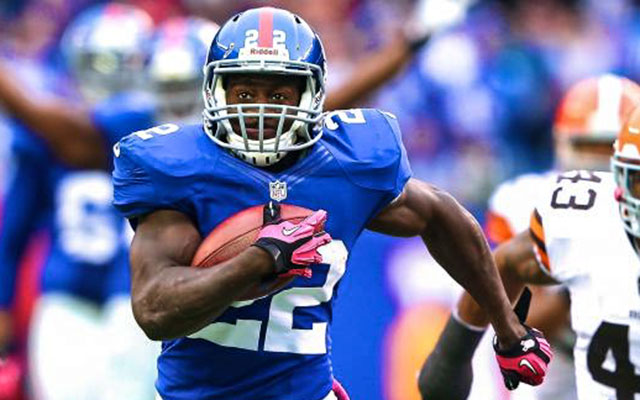
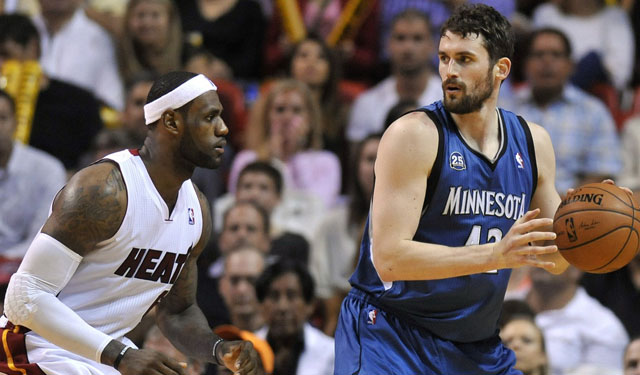
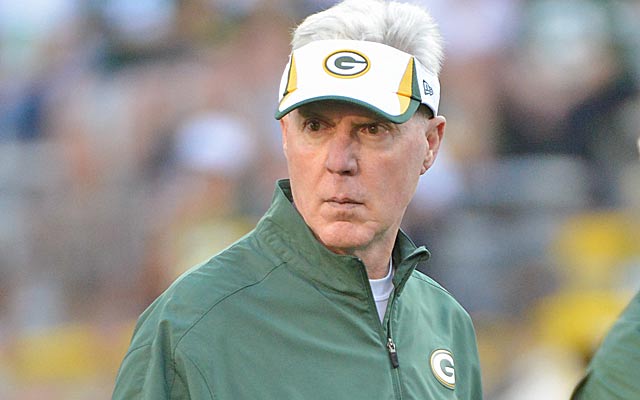
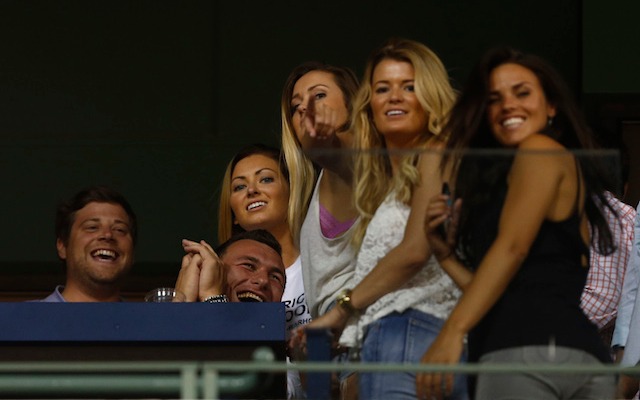

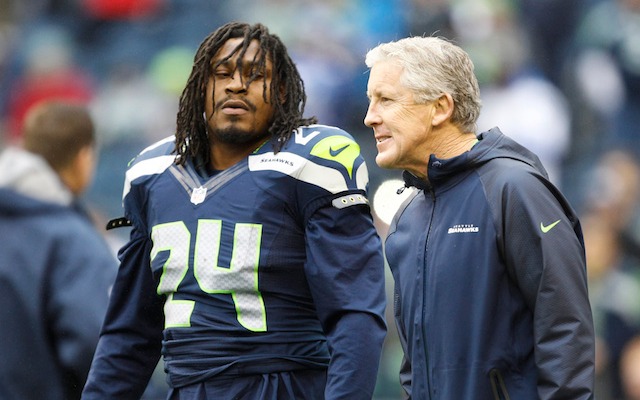
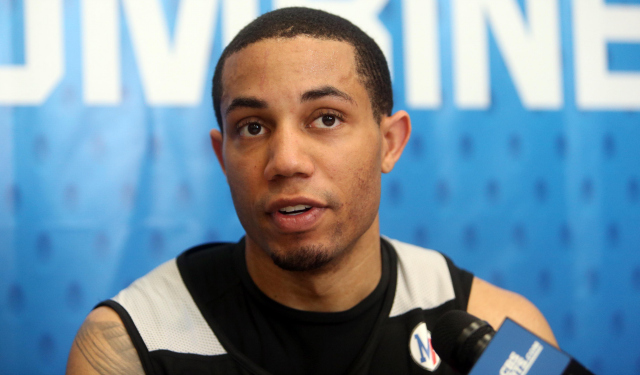
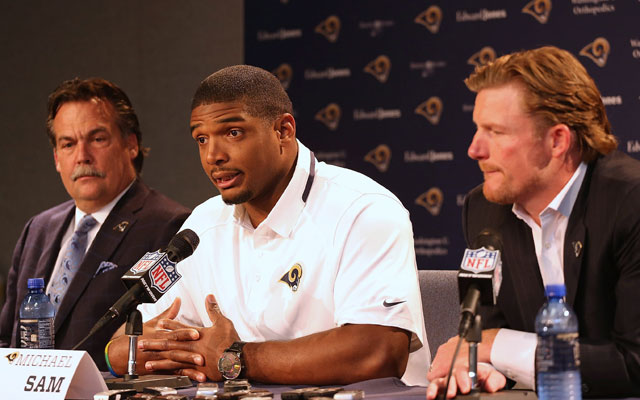
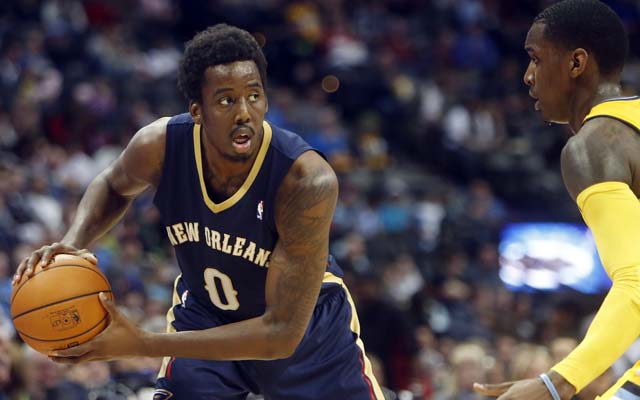
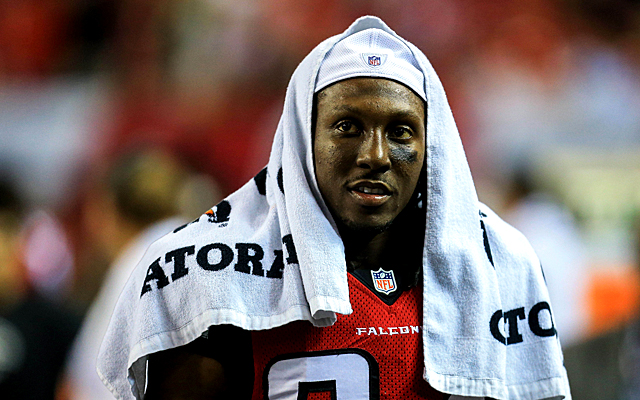
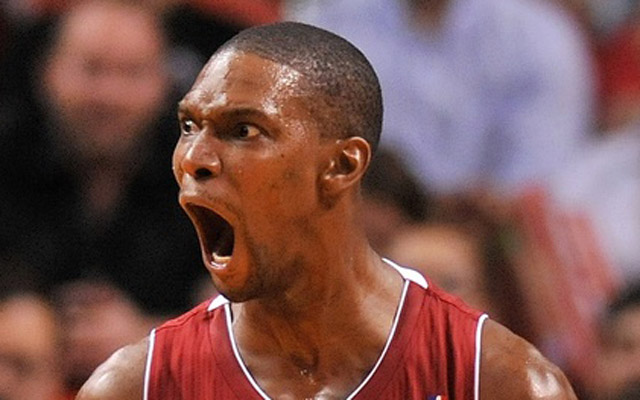
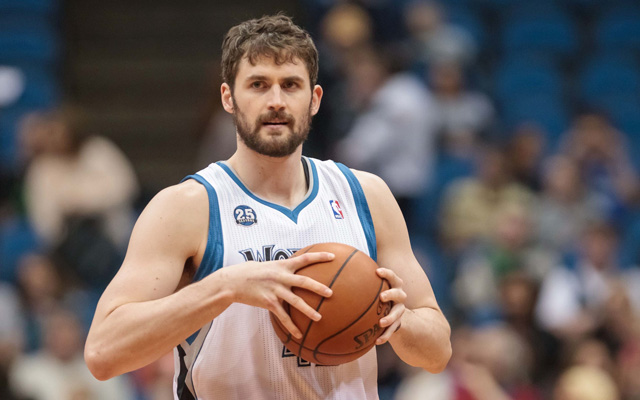 Kevin Love may not be going to Boston.
Kevin Love may not be going to Boston. 